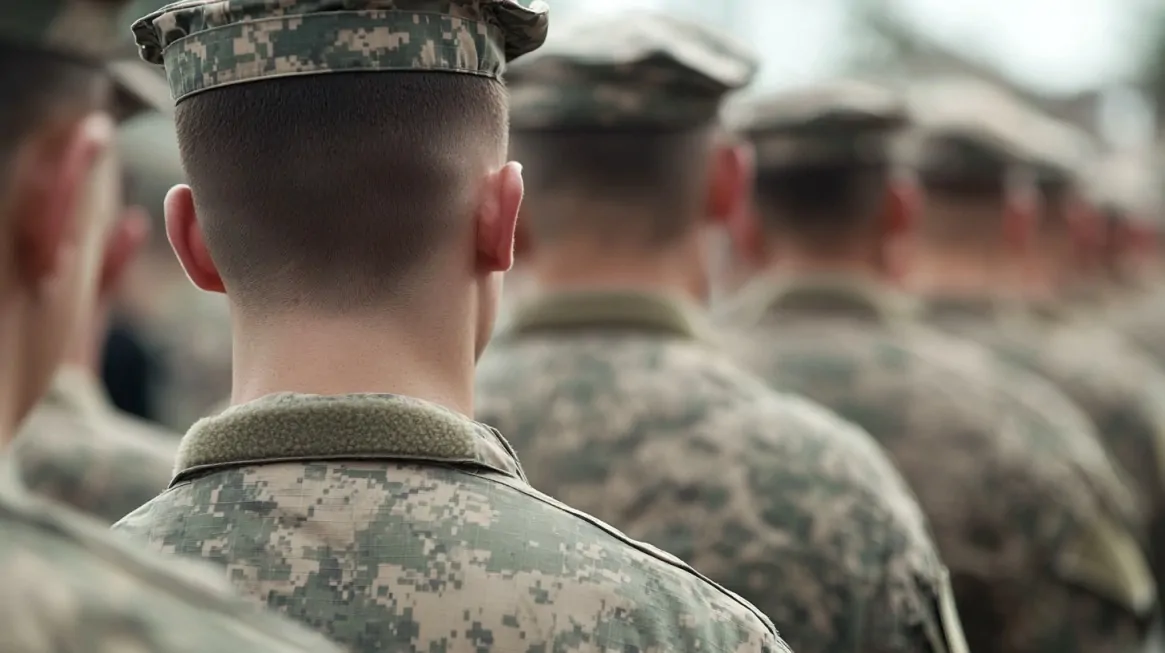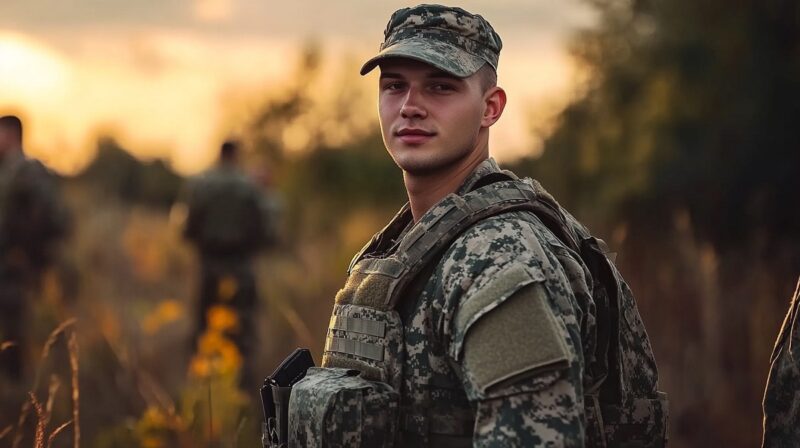TDY, short for Temporary Duty Assignment, refers to a temporary relocation of a military service member to fulfill a specific mission or task. All branches of the U.S. military and various government agencies frequently use it.
Assignments often span a few days to several months, depending on the mission’s urgency and purpose. TDYs are vital in skill development, operational readiness, and mission execution.
Table of Contents
ToggleWhat Does It Mean, Exactly?
TDY stands for Temporary Duty Assignment, which refers to a military member’s assignment at a location other than their permanent duty station for a limited period.
Unlike deployment, which often involves overseas and combat-related missions, or PCS (Permanent Change of Station), which implies a long-term move, TDY usually involves shorter stints. Orders typically range from just a few days to a few months.
PCS means uprooting for years, deployment often indicates combat or foreign operations, while TDY supports temporary needs like training, support, or administrative functions.
Assignments vary by branch, but the fundamental concept remains the same—temporary reassignment to meet mission demands, fill temporary gaps, or attend specialized programs. TDY often serves as a stepping stone in career progression or mission success.
Common Reasons for a TDY
TDY assignments serve a variety of functions within the military, each driven by mission needs or professional development. Many are tied to skill-building, operational readiness, or filling short-term gaps in personnel or expertise.
Training and Development
Skill development remains one of the most frequent reasons for TDY. Military branches rely on targeted programs to enhance technical knowledge, leadership capabilities, and mission readiness.
Aircrew may attend courses like Pilot Instructor Training (PIT) or Introduction to Fighter Fundamentals (IFF), both of which sharpen flight instruction and tactical proficiency.
Similar programs exist for other specialties, ranging from cybersecurity to logistics.
- Pilot Instructor Training (PIT)
- Introduction to Fighter Fundamentals (IFF)
- Leadership Development Courses
- Technical Certification Programs
- Continuing Education Seminars
Operational Support
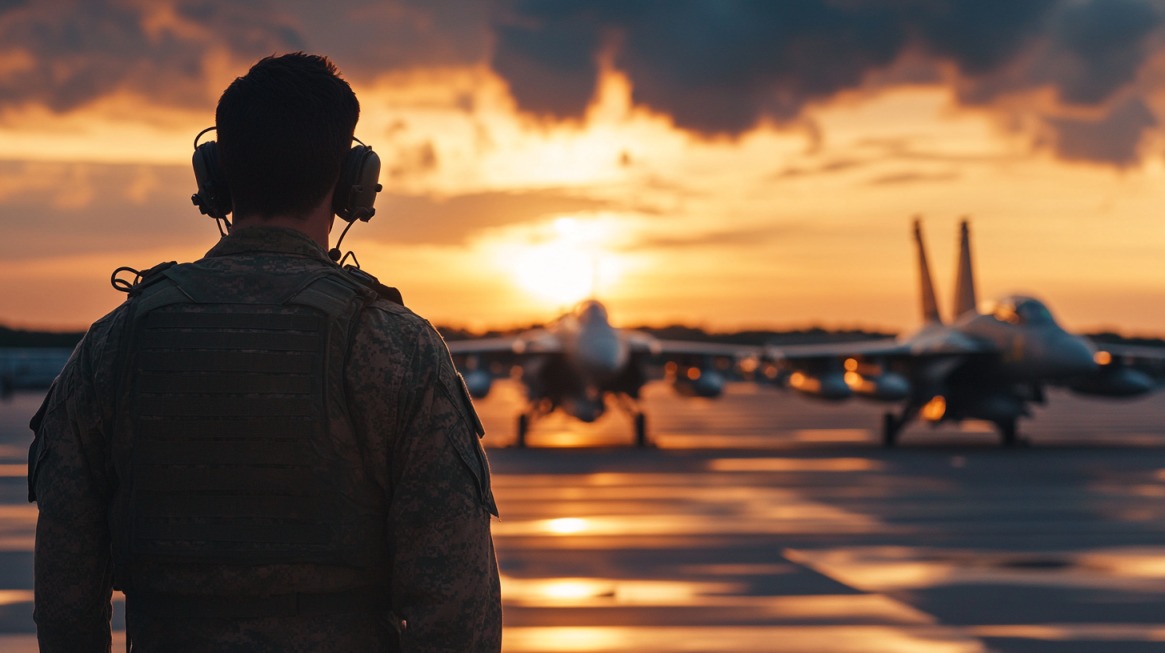
Units occasionally require outside assistance to complete exercises, conduct missions, or respond to emergencies.
Personnel are often deployed temporarily to fill these roles. In joint exercises, coordination between multiple branches or allied forces requires individuals with specific knowledge or clearance.
Natural disasters and humanitarian missions may also call for temporary reinforcement.
- Joint force exercises
- Disaster relief operations
- Equipment testing and evaluation
- Rapid deployment for crisis response
Special Assignments
Temporary relocation may be required for project-based work or specialized missions.
In some cases, a base might need a qualified person to fill a role until a permanent replacement arrives.
These assignments can also include task forces or planning groups that operate on strict timelines.
- Short-term staff augmentation
- Support to high-level task forces
- Interim roles in command-level positions
- Contract and acquisition oversight
Audits and Inspections

Oversight of military operations often depends on impartial reviews conducted by external units.
Personnel with auditing or inspection credentials may travel to installations across the globe to verify compliance with financial, environmental, and safety regulations.
- Financial audits
- Environmental inspections
- Workplace safety reviews
- Command compliance evaluations
Conferences and Meetings
Strategic discussions often require presence in person.
- Policy development
- Operational planning
- Interagency coordination
These trips promote collaboration and allow for real-time decision-making. Frequent types of conference-related TDYs include:
- Interagency policy forums
- Command strategy briefings
- International defense summits
- Military-industry cooperation events
Research and Fieldwork
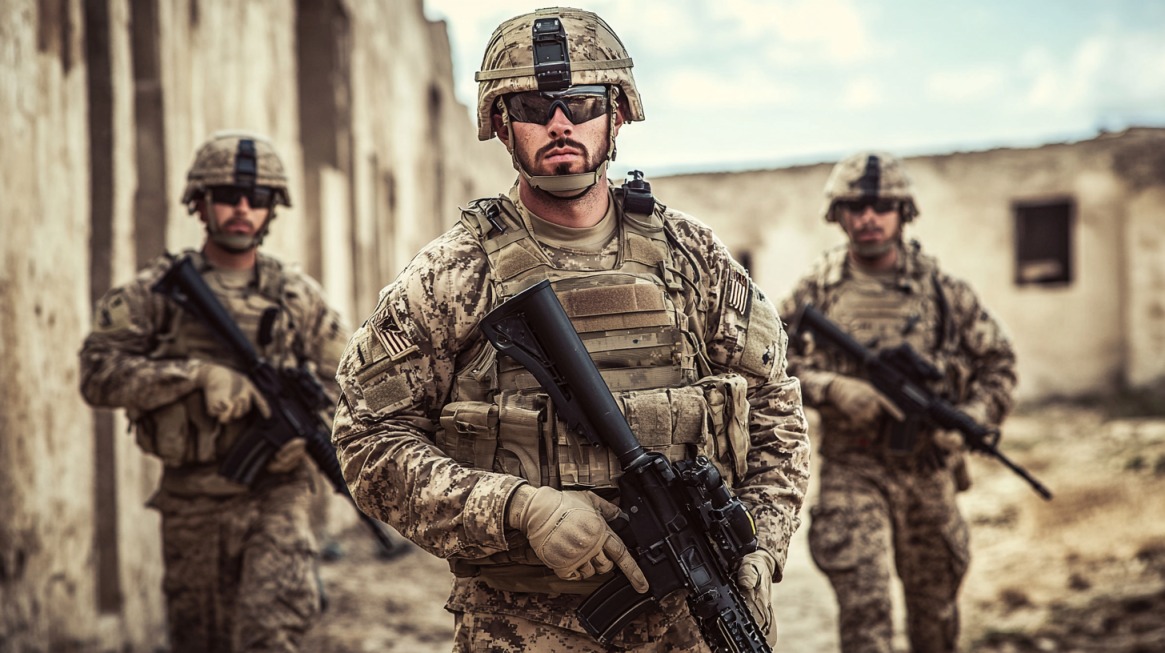
Specialized missions often call for experts to perform hands-on research, analysis, or assessments in field conditions.
Personnel may be temporarily assigned to collect environmental data, conduct intelligence operations, or oversee scientific trials.
- Intelligence-gathering missions
- Environmental impact assessments
- Scientific equipment testing
- Medical or epidemiological studies
Types and Locations of TDY
TDY assignments vary not only in purpose but also in duration and destination. Domestic TDYs are typically within the continental U.S., often involving training programs or support functions. Overseas TDYs might take service members to allied countries, forward operating bases, or embassies.
Short-term TDYs generally last under 30 days, covering conferences or brief training. Extended TDYs may last up to 180 days, involving in-depth operational or technical roles.
Common destinations include bases like Randolph AFB in Texas, known for its training programs, or locations like Ramstein Air Base in Germany, which often hosts NATO collaboration events.
Duration and location depend on mission requirements and the member’s area of expertise. Regardless of the setting, every TDY aims to fulfill a targeted operational or strategic need.
Preparing for a TDY
Proper preparation ensures a smoother TDY experience and minimizes the stress of temporary relocation.
Each element, either administrative, financial, domestic, or logistical, plays a role in setting up a successful assignment.
Organized planning helps avoid last-minute setbacks and keeps service members focused on their mission.
Administrative Planning
Every TDY begins with official orders. These orders are more than paperwork, they are the green light for every part of the process. Completing travel authorizations, lodging arrangements, and expense documentation should be the first task on the checklist.
Online platforms such as the Defense Travel System (DTS) assist with booking flights, hotels, and submitting travel vouchers.
- Reviewing and confirming travel orders
- Reserving lodging in advance through approved channels
- Registering travel in DTS and confirming itinerary
- Printing hard copies of all official documents
- Reviewing entitlements and restrictions outlined in order
Financial Preparation

Planning ahead financially helps avoid budget shortfalls. Per diem rates vary based on destination and are meant to cover meals and incidental expenses.
Automating home-based payments like rent, utilities, and credit card bills is wise, especially for longer TDYs.
Understanding how entitlements such as Basic Allowance for Subsistence (BAS) and Basic Allowance for Housing (BAH) may adjust during temporary duty prevents surprises.
- Calculating total expected per diem
- Setting aside emergency funds for unexpected expenses
- Automating monthly payments to avoid late fees
- Clarifying how entitlements might be affected
- Saving receipts and documenting all reimbursable purchases
Home and Family Readiness
Preparation on the home front is just as important as what’s packed in the bag. A solid plan with loved ones reduces stress for everyone involved. Discussing the TDY dates, location, and expected communication helps manage expectations.
Those with children should coordinate school pickups, doctor visits, and daily routines with caregivers. Pets, homes, and mail all need reliable attention while away.
- Informing close family or friends about travel schedule
- Organizing school and childcare logistics
- Arranging pet care or house sitting
- Scheduling regular check-ins via phone or video
- Forwarding mail or temporarily holding delivery
Packing Essentials
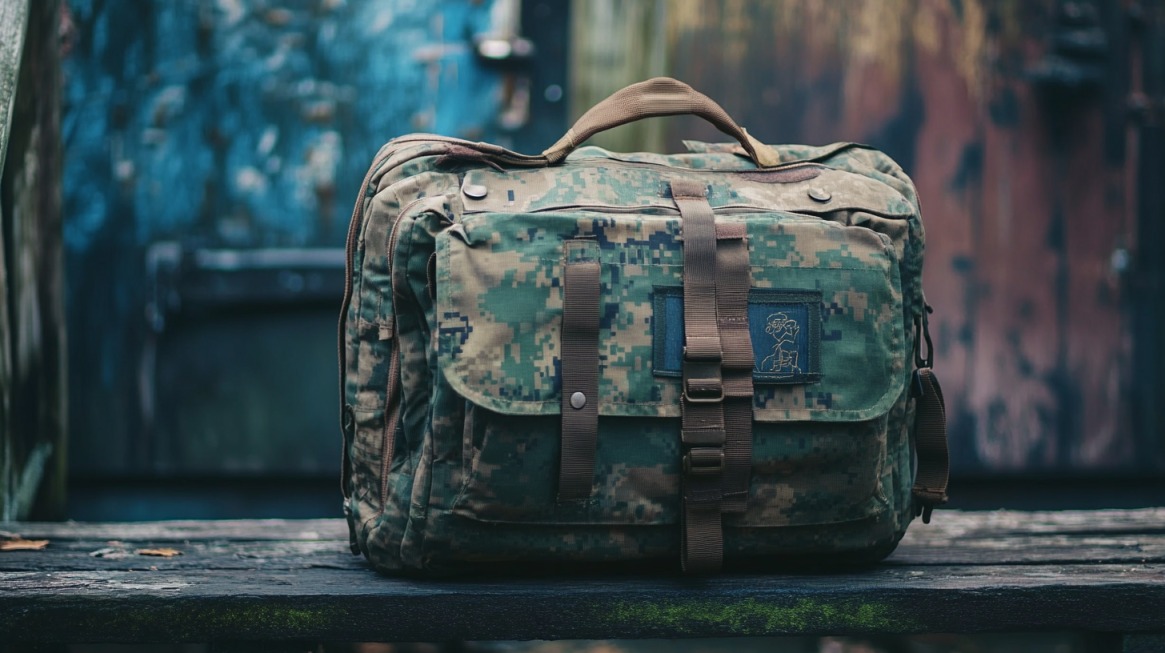
Strategic packing ensures that nothing important is left behind. It also helps reduce unnecessary purchases at the TDY location.
Every assignment has mission-specific gear, but several categories of essentials apply across the board.
After functional items, personal comforts can add a sense of normalcy to daily routines away from home.
- Military ID, travel orders, and passport (if required)
- Uniforms appropriate for the duty assignment
- Toiletries and hygiene kits
- Chargers, laptop, and mobile devices
- Notebooks or required training materials
- Casual clothing for off-duty hours
- Comfort items: snacks, books, photos, favorite pillow
Smart planning leads to fewer distractions and greater mission focus. When personal, professional, and logistical needs are accounted for, a TDY can offer a seamless transition between assignments.
The Bottom Line
TDY serves as a vital mechanism for mission readiness, skill development, and personnel flexibility.
Assignments provide exposure to new environments, challenges, and professional growth opportunities.
Being organized, maintaining open communication with family, and staying adaptable can significantly enhance the TDY experience.
Preparation makes all the difference between a chaotic relocation and a successful mission.
Related Posts:
- How to Become a Military UAV Operator: A Complete…
- The Complete List of U.S. Army Branches and Their Roles
- Complete List of US Army Ranks in Order - Rising to the Top
- A Look at US Military Helicopters: Past, Present, and Future
- The Rise of Ruggedized Displays - How ViewPoint…
- How to Structure a 12-Week Military Running Program…

